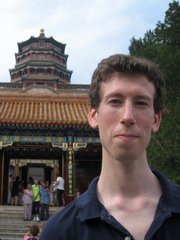The Culture Trip discusses in a recent feature the current exhibition of the work of Lebanese artist Saloua Raouda Choucair at London’s Tate Modern. Born in Beirut in 1916, Choucair is considered Lebanon’s first abstract artist. An important figure in the Arab art world, she is now receiving international recognition after more than five decades of artistic production. The Tate Modern exhibition is the first major collection of her works.
The Culture Trip feature summarizes Choucair’s intellectual influences and the rationale behind her artistic decisions:
“Throughout her career as an artist, Choucair has consistently expressed a passion for Islamic geometric art and has always emphasised her rational way of thinking, having long been interested in arithmetics and rejecting any adjectival notions in her works. Using principles from Sufism, science and mathematics across all of her projects, her paintings of gouache and oil on canvas can be seen to show an influence from early Western 20th Century European art, as she explores the regular use of simple geometric shapes and the influence of colour upon the viewer’s perspective.”
Choucair is still actively creating artwork and resides in her home city. The Tate Modern exhibition will go on through October 20, 2013.


 have a world affairs history teacher in high school who focused on the impact of the rise of China and the other East Asian economies for an entire quarter, and it piqued my curiosity. Two years later, as a senior, I took an East Asian history and culture class, and that got me into Chinese history and culture as well.
have a world affairs history teacher in high school who focused on the impact of the rise of China and the other East Asian economies for an entire quarter, and it piqued my curiosity. Two years later, as a senior, I took an East Asian history and culture class, and that got me into Chinese history and culture as well.
